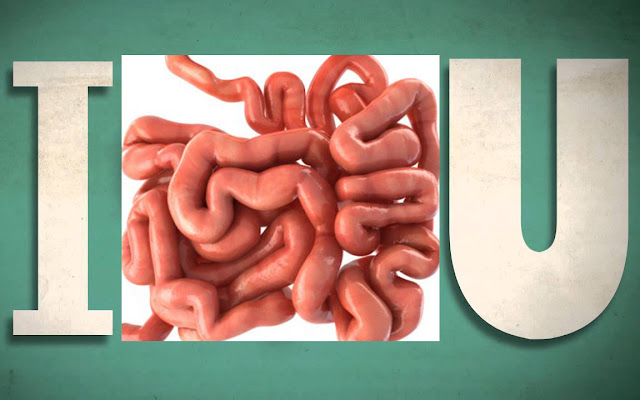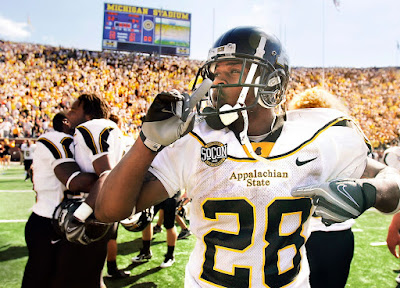Knowing your ABC's

When I was a kid, I remember one of my teachers helping the class with a gift for our mothers. It was an acrostic based on the word "mother." I'm sure you know what an acrostic is and you probably even remember making one a time or two as a child. It's when the first letter of each line of a poem spells out a word. I'm sure mine went something like this: Marvelous Outstanding Terrific Hey mom, I'm not very creative Errr, can we work on something else instead? Recess must be coming up soon, right? Seriously, here's a lovely acrostic I found online based on the word "mother." There's one for you, mom. Love you. You get the idea. The Hebrew Bible is no stranger to acrostics. Unfortunately, they aren't readily apparent in our English translations. They're literally lost in translation, because the Bible wasn't written in English . Sometimes, the Hebrew Bible uses acrostics on a rather grand scale. Th

